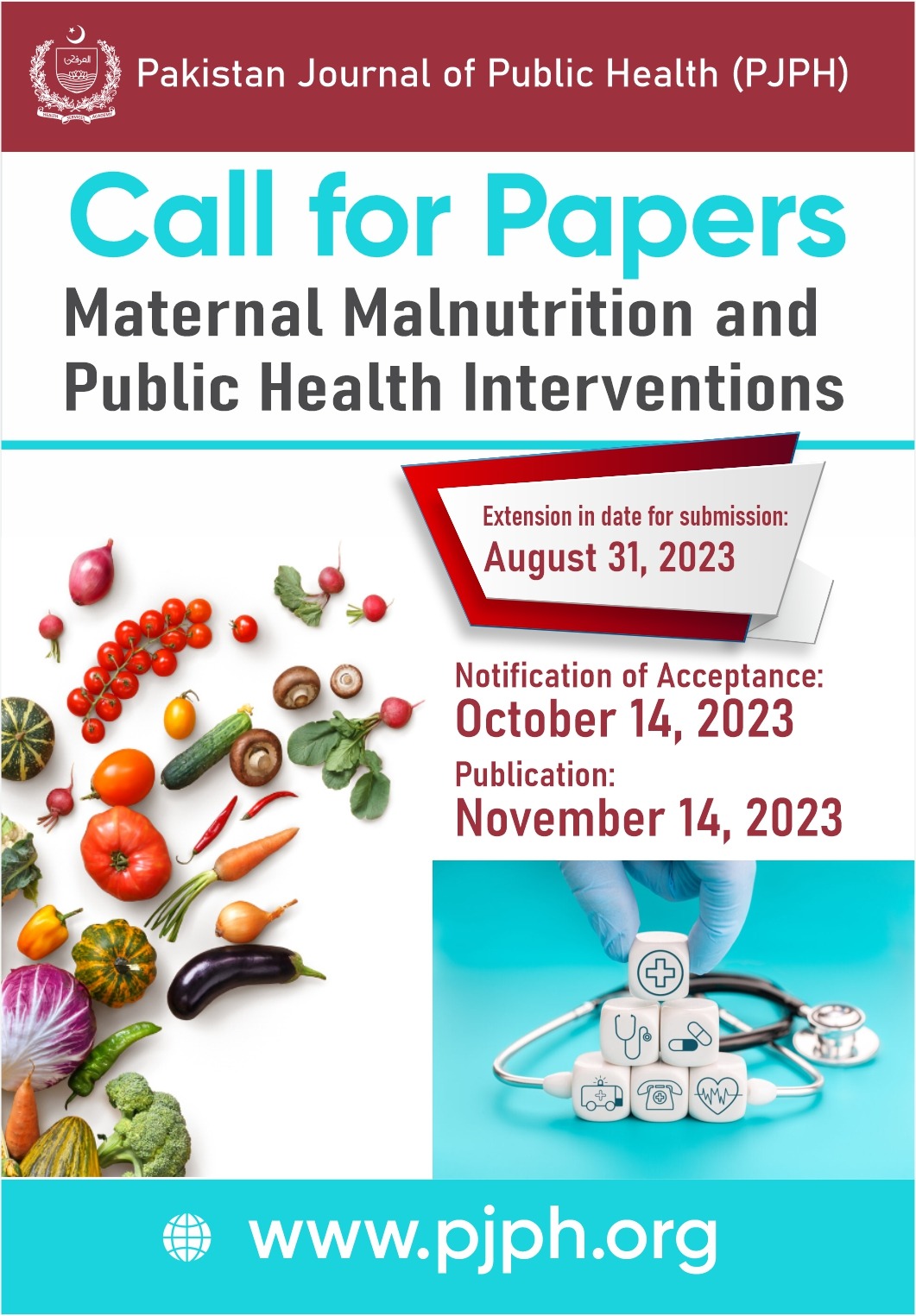FACTORS INFLUENCING IMMUNIZATION COVERAGE AMONG CHILDREN UNDER 2 YEARS OF AGE IN RURAL LOCAL GOVERNMENT AREAS IN KEBBI STATE, NIGERIA
DOI:
https://doi.org/10.32413/pjph.v8i4.249Keywords:
Immunization coverage, rural lgas, northwest, nigeriaAbstract
Background: The National Demographic and Health Survey (NDHS) 2013 revealed that, only 25% of the children had received all recommended vaccines and about 21% of children were unvaccinated which is far below World Health Organization (WHO) target of (80%). The objective of this study is to assess the complete immunization coverage and its determinants among children under 2 years in Arewa and Dandi LGA, North west, Nigeria.
Methods: A cross -sectional community- based study was conducted in 2 Local Government Areas (LGA) in Kebbi State, North West Nigeria, during October 2016 to March 2017. Around 420 households were interviewed by trained data collectors on assessment of vaccination status of the children based on vaccination cards and mother's verbal reports. Descriptive statistics, Bivariate and multivariate logistics regression analyses were used to assess the factors associated with complete immunization status.
Results: About 66.4% of children under 2 years were un-vaccinated, 26.1% were partially vaccinated, only 7.4% were fully vaccinated by card plus recall. About 31% of the mothers knew about vaccination, only 25% could name four or more types of vaccine preventable diseases and 21.2% knew the benefit of immunization. The factors significantly associated with complete immunization status were mothers' education (AOR=0.069, 95% CI: 0.012- 0.0390), maternal daily income (AOR=0.013, 95%CI: 0.001-0.216), mother's knowledge about benefit of immunization (AOR=0.080, 95%CI:0.008-0.776), knowledge about vaccine side effects (AOR=0.014, 95% CI: 0.003-0.056), mothers knowledge about the age at which vaccination begins and completes (AOR= 0.139, 95% CI:0.041-0.469) and information received about the next vaccination schedule (AOR= 0.015, 95% CI: 0.003-0.071).
Conclusion: Study concluded that the factors like mother's education, knowledge and income were significantly associated with complete vaccination among children in Nigeria.






